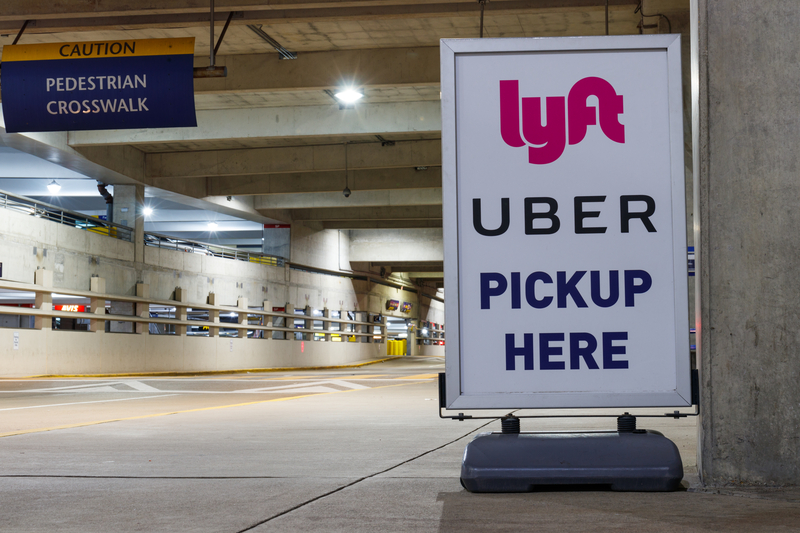They were once seen as the future of work and mobility, Uber and Lyft are instead at a critical point. Both companies are grappling with a complex web of lawsuits that challenge their very foundation. The legal battles, intensified in recent years, center on two core issues: the safety of passengers and the rights of their drivers. The outcomes of these cases are likely going to fundamentally reshape the rideshare industry and even force a change In their core business model.
The most urgent legal front is the mounting concern over passenger safety. As of mid-2025, in excess of 2,000 lawsuits have been consolidated into a federal multidistrict litigation against Uber. The plaintiffs allege the company has been negligent in providing a secure environment for its riders. These lawsuits claim that inadequate driver screening and a failure to implement robust safety measures have put passengers at risk of sexual assault and other harms. The seriousness of these claims is highlighted by a recent judicial order for “bellwether trials,” which will serve as test cases to set a precedent for the thousands of cases that follow. This legal strategy signals that the courts are prepared to hold these companies accountable, potentially forcing significant changes to their operational standards.
This legal pressure is not a new development. The history of safety-related litigation against these companies dates back to 2017, when the first waves of lawsuits highlighted concerns about violent offenders gaining access to the platforms. While companies like Lyft have reached multi-million dollar settlements in the past, the current surge in lawsuits suggests that previous measures were insufficient to address the scale of the problem.
Concurrently, Uber and Lyft are fighting a separate but equally significant battle over driver classification. At the heart of this dispute is the argument that drivers, who are essential to the companies’ existence, should be classified as employees rather than independent contractors. This distinction is far from a minor detail, as it impacts everything from eligibility for benefits and minimum wage to collective bargaining rights. In 2022, Uber’s $8.5 million settlement in California over this issue was a stark reminder that regulatory bodies and courts are increasingly challenging the gig economy’s labor practices.
These legal challenges are forcing a national conversation about the rights of workers in a digital age. The rulings in these cases will not only impact the financial viability of Uber and Lyft but will also set a new standard for labor laws across the entire gig economy. As the legal pressures mount, the rideshare industry finds itself at a crossroads, where the pursuit of innovation must finally be balanced with a clear commitment to accountability for both its customers and its workforce.
We represent people injured as a result of the careless and reckless acts of others. At the end of the day your case can only be settled one time and you need to know all of the facts beforehand. Insurance companies have paid our clients hundreds of millions of dollars in compensation because we uncover the facts. When insurance companies fail to offer full compensation, we are not intimidated at the prospect of going to trial. We help with serious injuries that require serious representation. We are the Law Offices of Guenard & Bozarth, LLP. Our attorneys have more than 60 years of experience specializing in only representing injured people. Call GB Legal 24/7/365 at 916-714-7672 or visit www.gblegal.com

